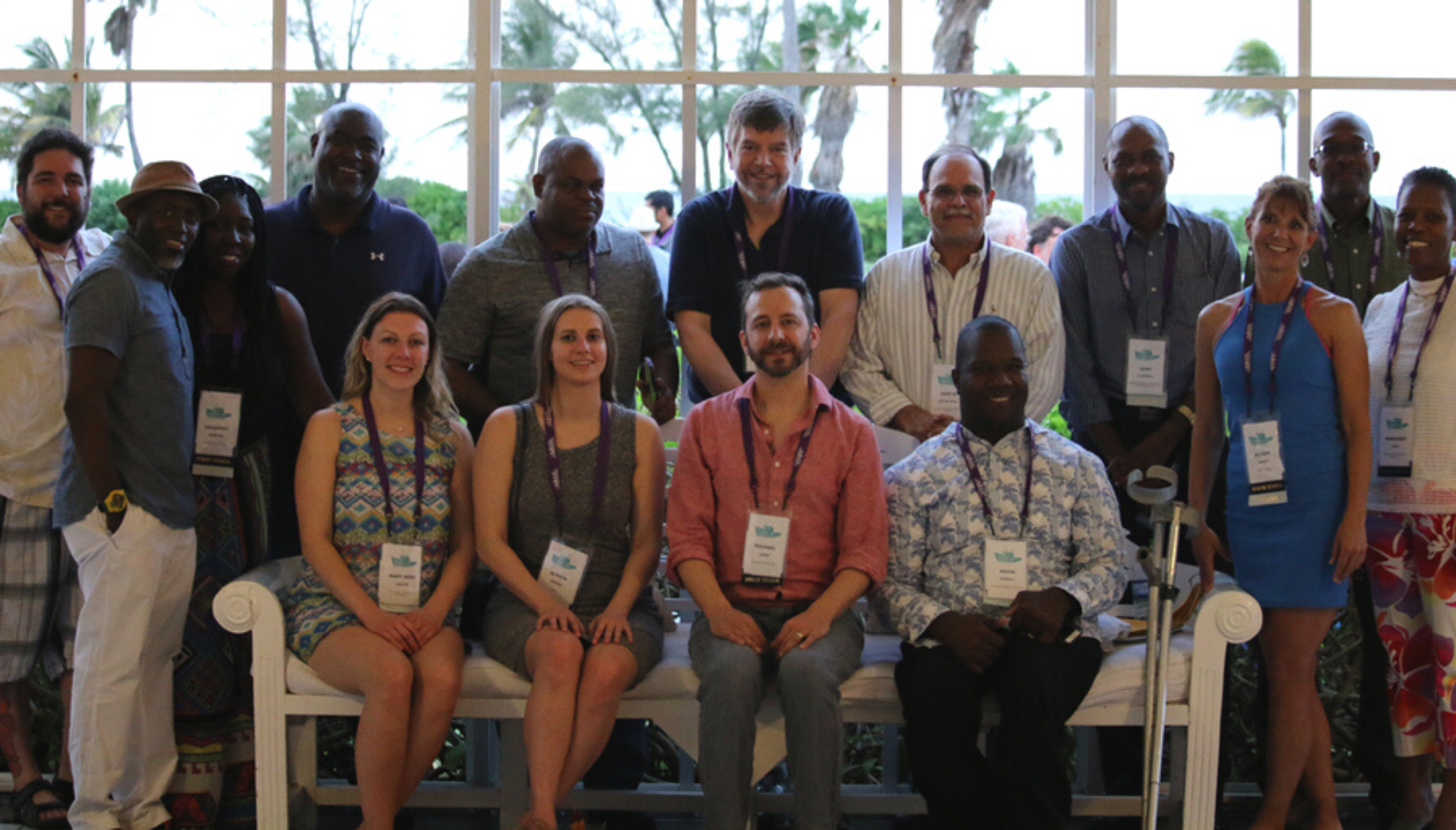
My Experience as an ARIN Fellow [Archived]
OUT OF DATE?
Here in the Vault, information is published in its final form and then not changed or updated. As a result, some content, specifically links to other pages and other references, may be out-of-date or no longer available.
ARIN 37 Fellow Alyssa Moore shares about her experience as a newcomer to the ARIN community and the policy development process.
In April I had the good fortune to:
-
Attend an all-expenses-paid meeting in Jamaica
-
Nerd out with Internet community experts and veterans
-
Engage in the best professional development of my career
-
Form relationships with brilliant mentors
Sounds too good to be true, right? Allow me to introduce you to the ARIN Fellowship Program.
During my time as an ARIN Fellow, I learned that Internet number resource policies in the ARIN region are developed entirely by the community. Every word of the Number Resource Policy Manual (NRPM) undergoes rigorous examination in a transparent, community-driven, bottom-up policy development process. This is significant because in an increasingly networked world, we should all have a stake in Internet governance. Number resource policy is of particular importance in light of the recent depletion of the IPv4 address “free pool” in the ARIN region, the development of an IPv4 transfer market, and the slow pace of a global transition to IPv6.
I also learned that ARIN provides multiple avenues to contribute to the formation of policies and processes that underpin global Internet infrastructure. Anyone with an email address can chime in on global Internet policy-making simply by joining and participating in a mailing list._ Anyone can also attend an ARIN meeting, either in person or virtually. And anyone residing in the ARIN region with an interest in Internet governance is encouraged to apply for the Fellowship Program.
 .
.
While there is much lively discussion on mailing lists or during meetings, I found that some of the most spirited policy conversations took place over breakfast and at after-hours socials. For example, rules around IPv4 address transfers are currently of particular interest to the ARIN community. Some advocate passionately for the application of strict needs tests in cases where limited IPv4 resources are sold in a private transaction. Others support complete liberalization of the IPv4 transfer market, and the rest fall somewhere in between. If you’re involved in politics in any way, this type of problem may sound familiar.
Regardless of where one’s opinions fall on the policy spectrum, each and every person I encountered took the time to engage in a meaningful discussion with me and explain the issues within their historical context. I was floored by how quickly introductions were made and how welcoming the ARIN community is to newcomers. It’s for these reasons that I strongly encourage anyone with a stake in number resources or the larger Internet governance landscape to get out to an ARIN meeting in person. Fellowship applications are currently being accepted for the 15-18 April ARIN 41 meeting.
Any views, positions, statements or opinions of a guest blog post are those of the author alone and do not represent those of ARIN. ARIN does not guarantee the accuracy, completeness or validity of any claims or statements, nor shall ARIN be liable for any representations, omissions or errors contained in a guest blog post.
OUT OF DATE?
Here in the Vault, information is published in its final form and then not changed or updated. As a result, some content, specifically links to other pages and other references, may be out-of-date or no longer available.
